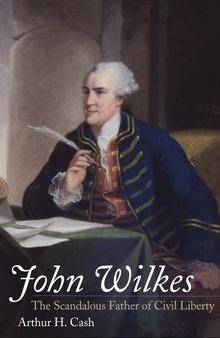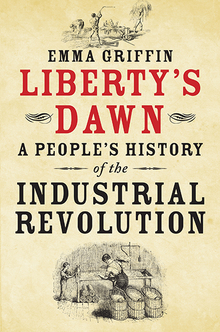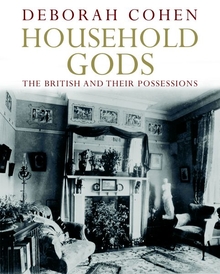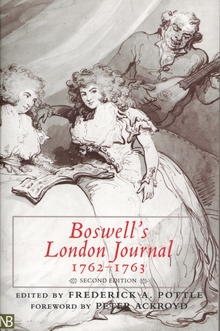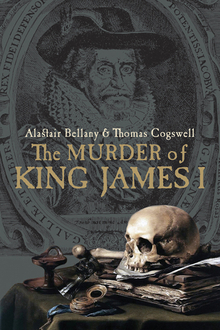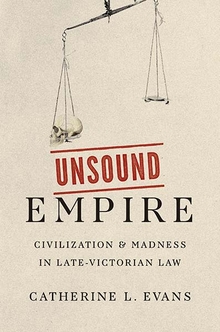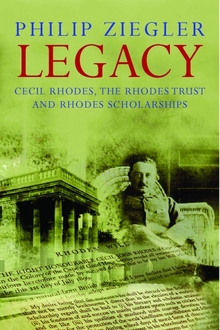John Wilkes
WARNING
You are viewing an older version of the Yalebooks website. Please visit out new website with more updated information and a better user experience: https://www.yalebooks.com
The Scandalous Father of Civil Liberty
Arthur H. Cash
Out of Print
One of the most colorful figures in English political history, John Wilkes (1726–97) is remembered as the father of the British free press, defender of civil and political liberties, and hero to American colonists, who attended closely to his outspoken endorsements of liberty. Wilkes’s political career was rancorous, involving duels, imprisonments in the Tower of London, and the Massacre of St. George’s Fields in which seven of his supporters were shot to death by government troops. He was equally famous for his “private” life—a confessed libertine, a member of the notorious Hellfire Club, and the author of what has been called the dirtiest poem in the English language.
This lively biography draws a full portrait of John Wilkes from his childhood days through his heyday as a journalist and agitator, his defiance of government prosecutions for libel and obscenity, his fight against exclusion from Parliament, and his service as lord mayor of London on the eve of the American Revolution. Told here with the force and immediacy of a firsthand newspaper account, Wilkes’s own remarkable story is inseparable from the larger story of modern civil liberties and how they came to fruition.
Arthur H. Cash is Distinguished Professor Emeritus, Department of English, State University of New York at New Paltz, and biographer of Laurence Sterne.
"Arthur Cash treats the career of John Wilkes as a central episode in the rise of modern liberty. The story is told with authority and vivid feeling: it has the force and immediacy of good journalism and a wealth of historical detail hardly available to Wilkes or his contemporaries. This book rescues Wilkes from legend back to life."—David Bromwich, Yale University
"It is difficult to believe that John Wilkes, a notorious womanizer and scandal-monger, was a genuine hero of civil liberties and political democracy on both sides of the Atlantic in the late 18th century, but hero he was and in this engaging book Arthur Cash gives Wilkes the serious treatment he has long deserved."—Eric Foner, Columbia University
“Arthur Cash’s biography of Wilkes combines outstanding scholarship—the product of years of archival research—with a compelling, nuanced and beautifully told narrative of the life of one of the eighteenth century’s most compelling characters.”—John Brewer, author of The Pleasures of the Imagination: English Culture in the Eighteenth Century
"Cash exposes lesser-known details about Wilkes's dealings with Thomas Coram's foundling hospital...[and] other interesting revelations..." - Julie Peakman, BBC History Magazine
'...[a] superb biography, both scholarly and pacey... The story would make a superb movie, and congratulations to the amiable Cash for having produced this terrific read. After finishing the last page I turned back to the beginning in order to enjoy it all over again.' - Tom Hodgkinson, Independent on Sunday
"...action-packed... Cash's racy commentary has about it a journalistic flair of which his subject would approve." - Frances Wilson, New Statesman
'...extremely illuminating... A statue of Wilkes was erected in Fetter Lane in 1988... In his wonderful biography [Cash] has raised an equally worthy and undoubtedly more lifelike monument.' - Claire Harman, Sunday Telegraph
“Cash has written a biography that teems with many little known facts, thus illuminating the man-within-the-man, deftly sketching a definitive portrait of Wilkes now set against the time in which he lived. . . . Cash tells John Wilkes’ story in tight and erudite prose, compassionate and incisive, in turn presenting us a resource that will come to assist generations of students in their pursuit of personal freedom. Recommended to instructors in World History courses that investigate the growth of British culture. Would further be a useful supporting text in advanced Journalism courses.”—The Electric Review
'Cash tells Wilkes's story wiht gusto, breathing life into the most intricate details, fusing them into a fast paced narrative. ... The pages of this book sizzle with intrigue and indecency. It's a bracing read, not for the faint of heart.' - Duncan Wu, The Independent
"...a good introduction to John Wilkes's life and times..." - Francis Wheen, The Spectator
'This is a worthy addition to the library of anyone who applauds gentlemanly scholarship, maverick politicians, and the spirits of liberty and libertinism.' - Christopher Silvester, The Sunday Times
'Cash tells this colourful story well...there are some delightful descriptions" - Geoffrey Robertson, The Times
'...a good, solid introduction to this remarkable figure.' - The Week
“[Cash’s] approach is less strictly political…it provides much more information on Wilkes’s family and personal life. Such fleshing-out is most welcome. Cash sifts contemporaries’ accounts of Wilkes, often exposing the prurience and hypocrisy behind their condemnations of his behaviour.” - Jonathan Conlin, Times Literary Supplement
“Wilkes is known to political historians as a radical bad boy of eighteenth-century Britain, and to literary historians for a cameo appearance in Boswell's life of Johnson. . . . Cash makes a persuasive case for Wilkes as central to Enlightenment England—and, indeed, to the American Revolution, whose ideas he helped inspire. . . . Famous for his loose living, he turns out to be not the demagogic opportunist of the reactionary imagination but a philosophical democrat with articulate convictions about free speech and political equity. In the process of establishing Wilkes as genuinely heroic, Cash suggests new ways of thinking about the strange relationship between the practice of eighteenth-century libertinism and the birth of modern liberty."—New Yorker
"This is a fascinating biography of a very important figure in 18th-century English politics. . . . The book’s straightforward, engaging style will appeal to general audiences as well as academics. Because of this and the book’s clear explanation of key structures, events, and personalities of 18th-century England, it could be used with great benefit in undergraduate and graduate courses on British or US history, politics, or culture. . . . Highly recommended."—Choice
Named a Best Book of 2006 by Library Journal
Publication Date: February 11, 2006
27 b/w illus.

